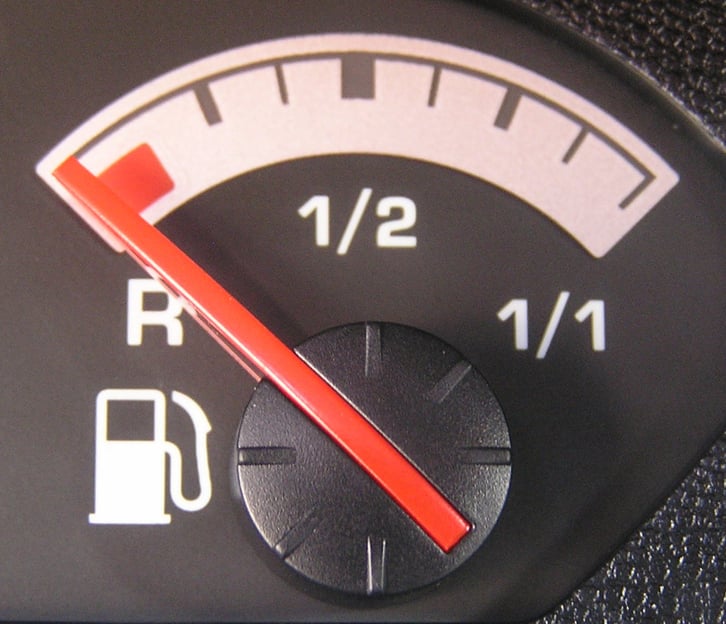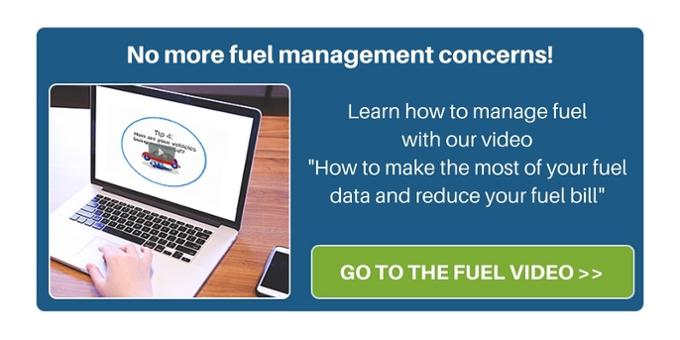
Fuel management concerns appear to be widespread nowadays: fleet costs are indeed a source of worry for transportation industry professionals but also for those who have to drive for work (not necessarily those belonging to the sector or are professional drivers).
According to a survey published by Software Advice, fuel costs frequently exceed the projections made. Companies appear to be worried about fuel theft and are willing to collect data and fleet analytics in order to clamp down on this, while also improving processes and budgeting.
But despite worry usually having negative connotations, it can also be seen as a positive emotion when it urges us to find solutions to problems. And in the case of fuel management, it can actually be the driving force behind improving the efficiency of the fleet activity within a business, and the company as a whole.
But where do fuel costs originate and how could they be better managed? What is the solution to fuel management concerns?
1. Accounting or recordkeeping mistakes can make fuel costs fluctuate
If you do not automate the recording of fuel purchases, or use spreadsheets, or provide cash for your drivers to buy fuel, chances are that your accounting department might make some mistakes and pay more than is necessary for fuel. They may also simply lose track of how much you really are spending per month, year in, year out. It is much preferable to have a system in place that is able to keep track of every purchase and replaces all the time-consuming administrative work carried out by your accounting department.
2. Fuel theft could be a source of extra costs, and it is not always easy to control
You may not think often about fuel theft and might not actually realise theft is happening until it is too late (by then, the loss can be very high). If you are not using a fuel management system, chances are you can only cross check bank account statements and a fuel card extranet (if you use fuel cards), but that might not be enough if somebody is using fuel cards for private use. If you have a complete fuel management system you can cross check purchases against times and locations, for example.
3. Aggressive driving can be a source of higher fuel costs
If drivers speed or practice harsh braking or rapid acceleration they not only put themselves at risk, but this driving behaviour also has an impact on fuel economy. The same goes for idling. If you accustom your drivers to safe driving practices through training, your fleet and global costs will drop—there is a direct relationship between safety and fuel consumption.




